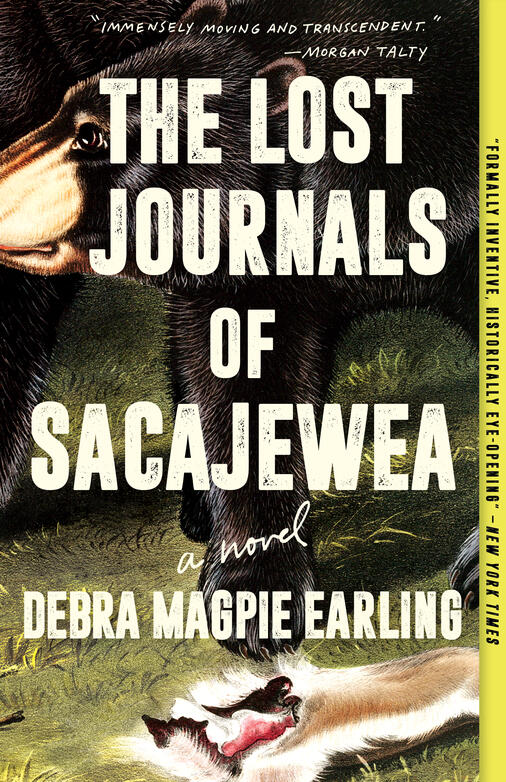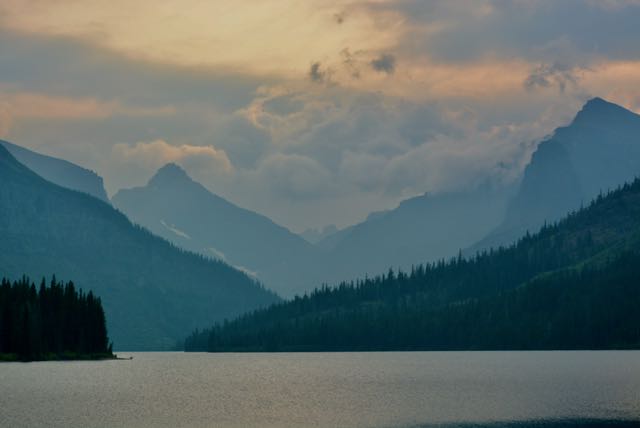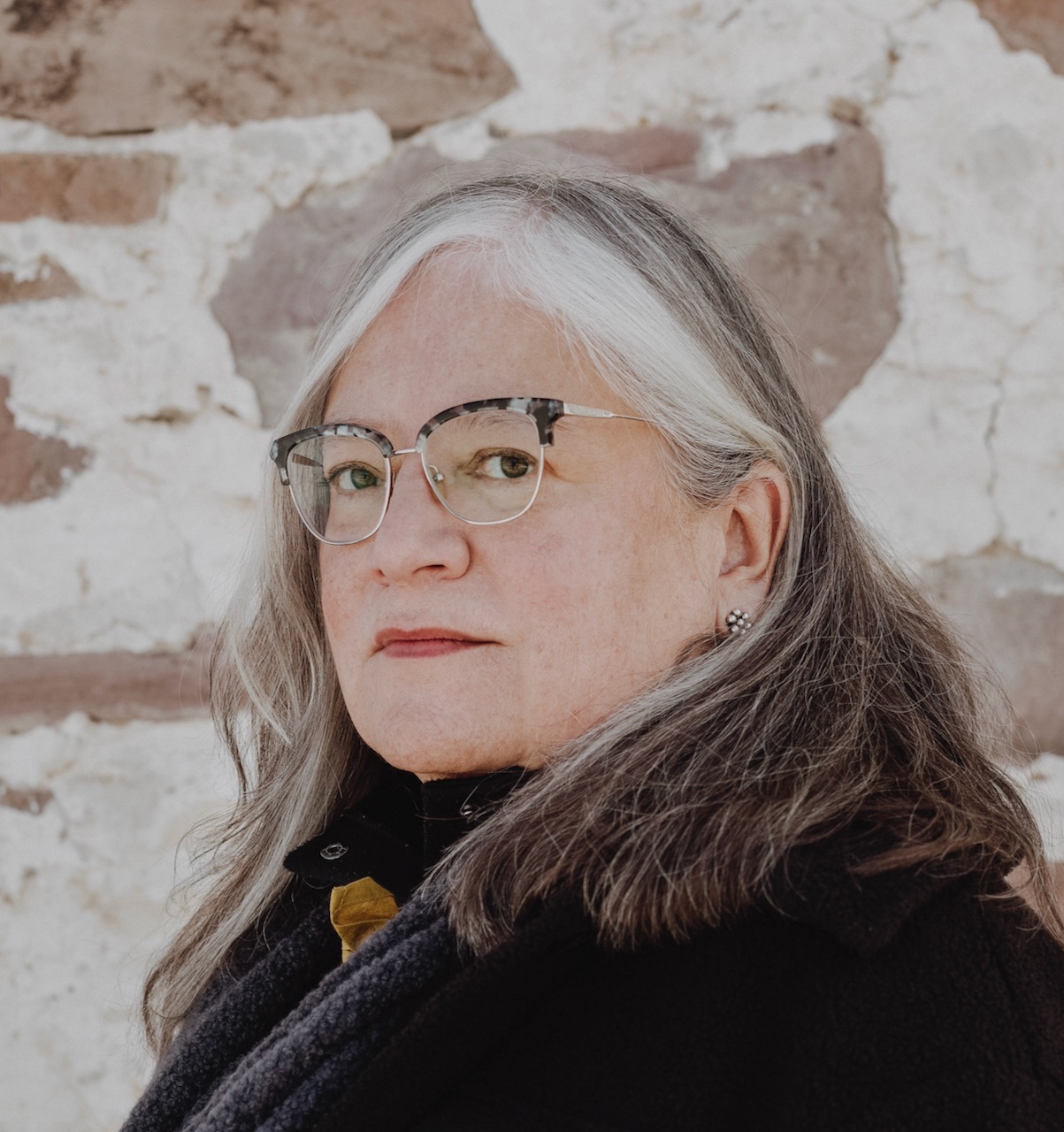When Blue Hen published Debra Magpie Earling‘s first novel, Perma Red, in 2002, the enthusiastic reviews and accolades seemed to augur great things for both the book and its author. Reviewers called it “beautiful,” “poetic,” and one of “the great American novels.” Before long, it had won both the American Book Award and the Western Writers of America’s Spur Award for Best Novel of the West.
Within a year of its publication, however, Blue Hen’s parent company, Putnam, had dropped the imprint, and within four years Perma Red was out of print. Its searing beauty and fiercely intimate look at life on the Flathead Reservation in the 1940s had been lost to the world.
By then, Earling, who had worked on the novel for almost two decades, was a professor at the University of Montana, where she would eventually become director of the MFA in Creative Writing program while also teaching in Native Studies. She continued to write and publish shorter works, but she had to wait another decade and a half before Milkweed Editions gave her book a second chance.
Since the re-release of Perma Red in 2022 and the publication of a second novel, The Lost Journals of Sacajawea, in 2023, Earling, who is Bitterroot Salish, has become a recognized treasure in both western and Indigenous literary circles.
Earling’s writing can’t be pigeon-holed, however. Although it’s firmly rooted in the Northwest landscape, it’s far from regional. With its freshness, inventiveness, emotional depth, and open-eyed view of the human condition, it is as universal and compelling as any literature anywhere.


Debra Magpie Earling
WNW: What aspect of the Northwest do you feel hasn’t been adequately addressed in writing yet?
DME: The Northwest has a rich history of bold and diverse writing, including books from Seal Press, the groundbreaking, feminist press that uplifted women’s voices beginning in the mid-seventies and is still running strong. Seal Press is now under the umbrella of Hachette Publishing in New York but its early beginnings in Seattle reveal the vibrancy of Northwest visionaries. Graywolf Press also had humble beginnings in Port Townsend, Washington. These publishing houses, although now removed from the Northwest, are a testament to the creative and powerful genius inherent in our region.
Of recent, I think of the stunning work of Sasha LaPointe the Indigenous author, poet and artist from the Upper Skagit and Nooksack Indian Tribe, and m.s. RedCherries from the Northern Cheyenne Nation in Montana. m.s. RedCherries’ book mother is a revelatory multimorphic work of poetry and prose that electrifies storytelling. I think of the remarkable legacy of James Welch who paved the way for Native writers. And I can’t leave out Ursula K. LeGuin who altered and changed our relationship to fantasy, and reality. Lidia Yuknavitch, Sharma Shields, Elissa Washuta, and so many more.
We’re at the beginning of a new wave of inventive writers from all cultures and pathways who continue to address our changing world through their unique and penetrating far-sights. I’m excited about the future of Northwest writing and believe the most important inquiries—being that of love and understanding and our connection to all things—will never be adequately addressed, but hopefully more deeply and earnestly considered by Northwest writers and poets expanding outward.

WNW: How would you characterize your approach to the Northwest in your own writing?
DME: I’m moved by the great landscapes of the Northwest, the rivers and streams and ponds and lakes, the trembling mountains, the wide, haunted prairies. I’m driven by the stories and history of the Northwest. I’d characterize my approach to the Northwest in my writing as humble and awe-struck.
WNW: What is your favorite book about the Northwest and why do you like it?
DME: Please forgive me but that’s the impossible, unanswerable question. There are hundreds of books that continually shift my answer. I’ve long been haunted by Adrianne Harun’s brilliant novel A Man Came Out of a Door in the Mountain and Patrick deWitt’s mind-altering novel The Sisters Brothers. Like so many good books, they stay.
WNW: What is one of your favorite passages about the Northwest from your own writing?
DME: From Perma Red:
God, I hated that country. It was hot and dry, nothing but weeds or cold stinging wind at thirty below. A couple of trees. An August dust so fine it powdered your knees when you walked., or sand-snow drifting across houses and roads, brutal and blinding. That was Camas Prairie. Now I drive that stretch of road in winter and summer. I come down into the valley and the fields are pale and the sky is pale and peaceful with a sun that lights even the ragged weeds, every distant hill, every rock shimmering a different color. I can see for miles and I can’t stop thinking about how lucky I am to see this country, to belong here.
~ ~ ~ ~ ~
On Thursday, September 12, Debra Magpie Earling will be the second featured author in the new Writers-in-Conversation series at the Cascadia Art Museum in Edmonds, WA. The conversation begins at 6 p.m. with Michael N. McGregor as host. Tickets are available on the Cascadia website.
~ ~ ~ ~ ~
Other Links:
Perma Red review in January magazine
Debra Magpie Earling interview by Milkweed, her publisher
The Lost Journals of Sacajawea review in the Chicago Review of Books
Note: I’m an affiliate of Bookshop.org, where your purchases support local bookstores. If you buy a book through a click on this website, I’ll earn a small commission that helps defray the costs of maintaining WritingtheNorthwest.com.

Leave a Reply